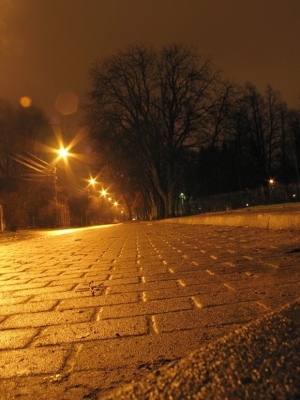 |
| fig tree courtesy faqs.org |
Inspired by Clarissa Pinkola Estes' blog post on the Norway tragedies, I thought I would include the poem she references as well as a poem about every day living (after loss/tragedy) that I found years ago. The first poem is from Olav H Hauge’s poetry sheaves, Drops in the East Wind, 1966 and the second is a poem from Maria Howe's book What the Living Do, 1998, about the loss of her brother and how to move through grief.
Everyday
Olav H Hauge
You’ve left the big storms
behind you now.
You didn’t ask then
why you were born,
where you came from, where you were going to,
you were just there in the storm,
in the fire.
But it’s possible to live
in the everyday as well,
in the grey quiet day,
set potatoes, rake leaves,
carry brushwood.
There’s so much to think about here in the world,
one life is not enough for it all.
After work you can fry bacon
and read Chinese poems.
Old Laertes cut briars,
dug round his fig trees,
and let the heroes fight on at Troy.
behind you now.
You didn’t ask then
why you were born,
where you came from, where you were going to,
you were just there in the storm,
in the fire.
But it’s possible to live
in the everyday as well,
in the grey quiet day,
set potatoes, rake leaves,
carry brushwood.
There’s so much to think about here in the world,
one life is not enough for it all.
After work you can fry bacon
and read Chinese poems.
Old Laertes cut briars,
dug round his fig trees,
and let the heroes fight on at Troy.
 |
| photo courtesy http://www.officialpsds.com/ |
What the Living Do
Maria Howe
Johnny, the kitchen sink has been clogged for days, some utensil probably
fell down there.
And the Drano won’t work but smells dangerous, and the crusty dishes
have piled up
waiting for the plumber I still haven’t called. This is the everyday we
spoke of.
It’s winter again: the sky’s a deep headstrong blue, and the sunlight
pours through
the open living room windows because the heat’s on too high in here, and
I can’t turn it off.
For weeks now, driving, or dropping a bag of groceries in the street,
the bag breaking,
I’ve been thinking: This is what the living do. And yesterday, hurrying
along those
wobbly bricks in the Cambridge sidewalk, spilling my coffee down my
wrist and sleeve,
I thought it again, and again later, when buying a hairbrush: This is it.
Parking. Slamming the car door shut in the cold. What you called
that yearning. What you finally gave up. We want the spring to come and the winter to
pass. We want
whoever to call or not call, a letter, a kiss – we want more and more and
then more of it.
But there are moments, walking, when I catch a glimpse of myself in the
window glass,
say, the window of the corner video store, and I’m gripped by a cherishing
so deep
for my own blowing hair, chapped face, and unbuttoned coat that I’m
speechless:
fell down there.
And the Drano won’t work but smells dangerous, and the crusty dishes
have piled up
waiting for the plumber I still haven’t called. This is the everyday we
spoke of.
It’s winter again: the sky’s a deep headstrong blue, and the sunlight
pours through
the open living room windows because the heat’s on too high in here, and
I can’t turn it off.
For weeks now, driving, or dropping a bag of groceries in the street,
the bag breaking,
I’ve been thinking: This is what the living do. And yesterday, hurrying
along those
wobbly bricks in the Cambridge sidewalk, spilling my coffee down my
wrist and sleeve,
I thought it again, and again later, when buying a hairbrush: This is it.
Parking. Slamming the car door shut in the cold. What you called
that yearning. What you finally gave up. We want the spring to come and the winter to
pass. We want
whoever to call or not call, a letter, a kiss – we want more and more and
then more of it.
But there are moments, walking, when I catch a glimpse of myself in the
window glass,
say, the window of the corner video store, and I’m gripped by a cherishing
so deep
for my own blowing hair, chapped face, and unbuttoned coat that I’m
speechless:
I am living, I remember you.

No comments:
Post a Comment